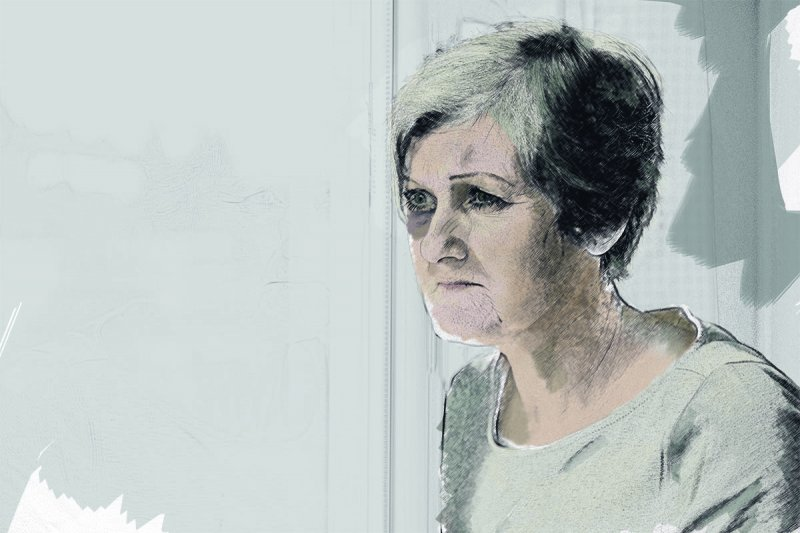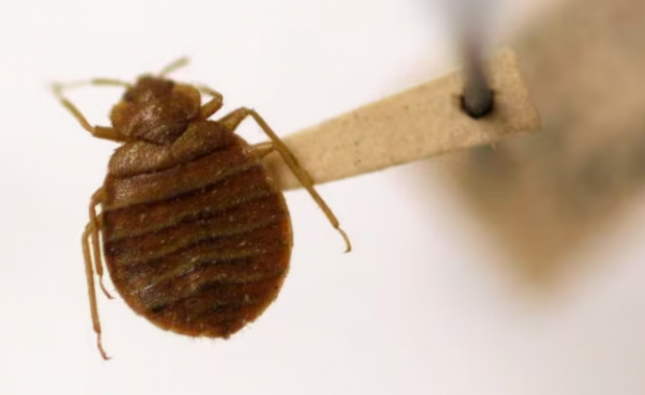Safeguarding refers to the process of protecting vulnerable members of society from abuse and neglect.This means making sure their well-being, health care, and human rights are all being looked after to a high standard.
Vulnerable members of society are:
- Children: This counts as anyone under the age of 18.
- Vulnerable adults: This is a person that, for any reason, is unable to take care of themselves or protect themselves from harm or exploitation. They may have mental health issues, a physical disability or learning difficulties.
Adult Safeguarding
There are six principles when it comes to safeguarding vulnerable adults:
- Empowerment: People are supported and encouraged to make their own decisions and informed consent.
- Prevention: It is better to take action before harm occurs.
- Proportionality: The least intrusive response appropriate to the risk presented.
- Protection: Support and representation for those in greatest need.
- Partnership: Services offer local solutions through working closely with their communities. Communities have a part to play in preventing, detecting and reporting neglect and abuse.
- Accountability: Accountability and transparency in delivering safeguarding.

Child Safeguarding
Safeguarding children doesn’t just refer to traditional forms of child protection anymore. It now has a more overarching approach to ensure that children can grow up to have optimum life chances and enter adulthood successfully. This involves the additional aims of preventing the harm of children’s health and development so that they can grow up with a consistently high level of care.
The Every Child Matters campaign formalised these changes in 2004, aiming to improve the outcomes for children in five key areas:
- Being healthy
- Staying safe
- Enjoying and achieving
- Making a positive contribution
- Achieving economic well-being
Who is Responsible?
Anyone that comes into contact with these vulnerable members of society is responsible for their safeguarding. This can include counsellors, health professionals, and carers, plus many other positions.
A key part to safeguarding work is the process of assessment, and looking out for any warning signs. Questions need to be asked like:
- Is neglect/abuse occurring?
- Why is neglect/abuse occurring?
- What is the situation like for the individual?
- What needs to be done to ensure the long-term safety of the individual?
Anyone that works in an education setting needs to be clued up on safeguarding too, as they are responsible for the children that attend. This covers anyone at all, from the teachers to the dinner staff – everyone is responsible.
Organisations such as county and city councils are responsible on a broader scale too. Concerns can be reported to them as the local authoritative body, and they need to follow up any concerns to keep their local people safe.
People often worry that they’re wasting time if they report something, but any worries at all should be taken seriously. Having eyes and ears everywhere is the key, and councils are the point of contact for people to go to with their concerns.
Charley’s Story
Sadly, the number of safeguarding cases is still all too high. Charley’s story is one example of how children can be taken advantage of, but also highlights that there are people out there to help stop the abuse.
Her abuser came in the form of her step-father, who moved in when she was two years old. He regularly beat her mother, and very soon Charley and her mum were living in fear of him.
Everything got worse when Charley was four and she had to perform a sex act on him, which was the beginning of ongoing sexual abuse. She wasn’t allowed to tell anyone, and if she tried to stand up to him, he would beat her up more.
When Charley reached ten, she tried to kill herself with an overdose of tablets. Thankfully her mum found her in time and she survived. Then when she was fourteen she fell pregnant as a result of the abuse, and her mum and step-dad paid her to have an abortion and stay quiet.
What followed was Charley running away from home and sleeping on the streets, but also the moment that marked the turning point in her life of abuse. She met a lady called Alison, and finally she began talking to someone about what had happened to her. Charley told Childline everything, which led to her step-father being sentenced to twelve years in prison.
Cases of abuse and neglect can happen to anyone, which is why safeguarding is so important for everyone to be aware of.


